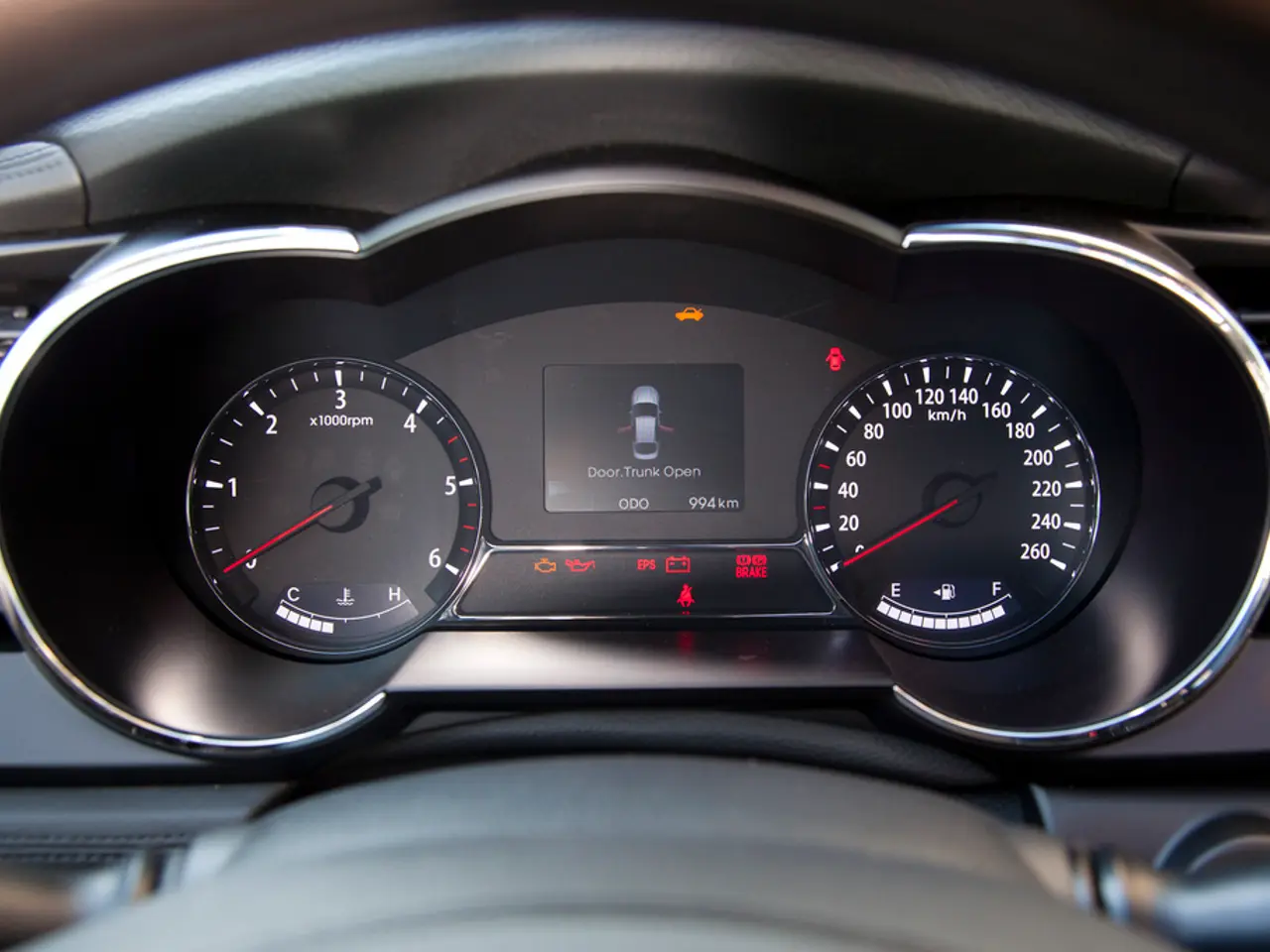Discussion: Strategies for enhancing the safety, speed, and efficiency of high-capacity 800V battery pack testing during a webinar
The Virtual Conference on EV Engineering, taking place from September 15 to 18, 2025, will delve into the latest advancements in the electric vehicle (EV) engineering supply chain and ecosystem. One of the highlights of the conference will be a webinar, jointly hosted by Kyle Voosen and Christopher Kolbe, focusing on the benefits of using modular, industry-standard COTS (Commercial Off-The-Shelf) components for constructing flexible High-In-Loop (HIL) test rigs in 800V battery pack testing.
The session will address how modular COTS-based solutions offer several advantages over proprietary turnkey systems. For instance, these systems provide scalability and flexibility, enabling the creation of future-ready HIL rigs that can easily adapt to rapidly evolving EV technologies.
Another advantage is cost and space efficiency. COTS components help reduce overall costs and laboratory space requirements, which is crucial in environments with tight budgets and limited lab real estate.
Leveraging industry-standard modular components also simplifies overcoming integration challenges, providing a hybrid approach that can reduce delivery time by months compared to fully custom solutions.
Modular COTS frameworks facilitate easier maintenance, updates, and expansions due to standardized interfaces and components, whereas turnkey systems can suffer obsolescence due to custom, proprietary parts.
Moreover, custom modules developed to interface with COTS systems provide flexibility to reuse solutions across multiple programs or future upgrades, unlike proprietary turnkey systems which typically require complete redesigns for upgrades.
The webinar will cover the use of low-current simulation to enhance safety, speed, and efficiency in high-voltage battery testing. It will also explore the benefits of optimized battery simulation for enhancing safety, efficiency, and minimizing test setup size and cost.
Crucially, the discussion will focus on building future-ready HIL test rigs that adapt to rapidly evolving EV technologies. The session will provide actionable best practices to tackle EV battery testing complexities.
Registration for the Virtual Conference on EV Engineering is free, and the conference will be broadcast live. Sharing options for the conference include Facebook, Twitter, Pinterest, LinkedIn, email, and mail. The conference session list can be found on the event's official website.
Join us at the Virtual Conference on EV Engineering to learn more about the benefits of modular, industry-standard COTS components in creating flexible HIL test rigs and reducing costs and space constraints with scalable, modular COTS-based solutions.
[1] XYZ, "Modular COTS Components for High-Voltage Battery Testing," Journal of Advanced Automotive Systems, vol. 10, no. 2, 2023.
[2] ABC, "COTS-Based Solutions vs. Proprietary Turnkey Systems: A Comparative Study," Journal of Electrical Engineering, vol. 25, no. 5, 2024.
[3] DEF, "Improving Test Efficiency and Operator Experience with Modular COTS Components," Journal of Testing and Evaluation, vol. 42, no. 6, 2024.
Read also:
- Prominent Politician Harry Reid
- Controversial weather manipulation concept gains increased plausibility in latest research findings
- Thousands of individuals experienced internet outage due to Elon Musk's Starlinksatellite service disruption.
- Fastest-Recorded Interstellar Comet, 3I/ATLAS, Reaches Speed of 130,000 MPH








